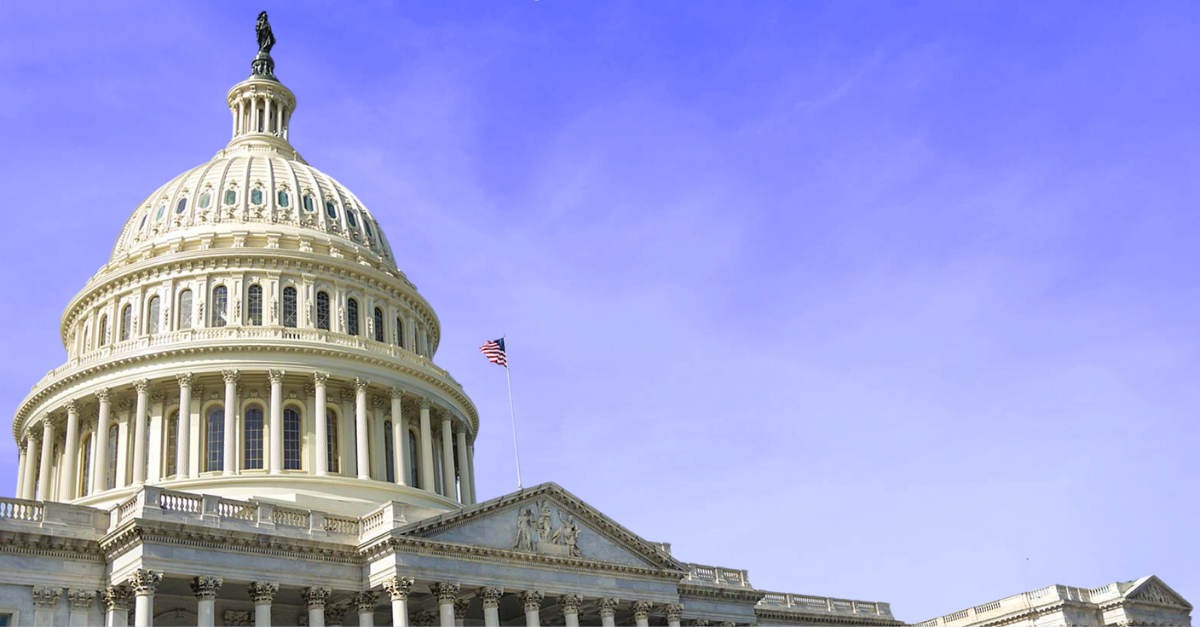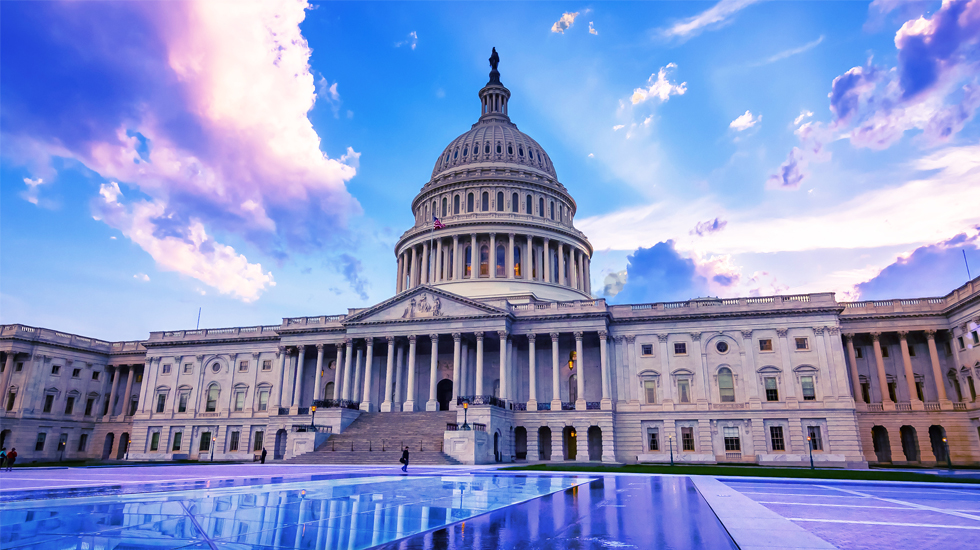Data Centers, AI and Energy Confluences: Expected Regulatory Shifts in the New Administration
Changing regulations with increasing energy demands

KPMG Regulatory and Advisory Insights
- Technology Driven Synergies: Interconnections/dependencies between the push for AI leadership and Energy sector dominance will significantly increase energy demands, potentially by as much as three hundred percent, and further increase concerns on continued energy resiliency.
- Vital Changes in Energy Sourcing: Anticipated roll back of: restrictions on the fossil fuels industry; mandates on GHG emissions standards; promotion of renewable energy policies and project funding; and M&A constraints.
- Supervisory/Regulatory Focus: Companies will want to ensure sound risk management and governance (e.g., third party/supply chain, innovative technologies, operational risk/cybersecurity), regulatory monitoring and change management, sustainability/business continuity planning, and regulatory reporting.
__________________________________________________________________________________________________________________________________________________
January 2025
The incoming Trump Administration has set goals to establish the U.S. as a leader in Artificial Intelligence technologies, and as a dominant energy producer. Interconnections and dependencies between these two sectors – specifically the accelerating need (and demand) for power to fuel AI/GenAI development and the promise of AI/GenAI to facilitate advancements in energy efficiencies – add pressure to the push for both energy production and capacity and will directly impact the demand for data centers. Further, the rising electricity demand from technology and data center customers is anticipated to heighten demand for new renewables power; industry participants have made public reference to data center growth and its potential to triple demand for energy in the next decade.
The new Administration will initially set these changes into motion through early executive orders, agency directives, and leadership nominations.
Data Centers
The combined focus on AI/GenAI and energy will add to the already increasing demand for data center capacity spurred by needed power to support growth in areas such as mobile broadband, big data analytics, cloud computing, and AI development. Changes to the data center industry are expected to be shaped by a variety of factors, including:
- Demand
- The demand for power will put data centers in even greater competition for access to power grids that are already close to full capacity. Rising costs for Power Purchase Agreements are expected to continue the recent 5-year trend, as prices have nearly doubled in both North American and European markets.
- To increase capacity, alternate power sources are being increasingly explored, including sales of excess capacity in existing facilities and the recommissioning of decommissioned coal and nuclear power plants (e.g., a nuclear power plant in Pennsylvania has agreed to provide electricity to data centers in the Mid-Atlantic region).
- Other leading edge power developers are utilizing renewable power combinations to help power data centers, including geothermal generation and solar + battery energy storage power designs.
- Regulation
- Likely changes to federal policies and regulations will not prioritize reductions in energy consumption or a shift toward renewable energy sources. Importantly, the Department of Energy has worked to build and strengthen public/private partnership with the largest data center companies to promote efficiency, innovation, and research in AI-fueled centers and facilities.
- Regulatory developments will likely be concentrated at the state and local levels. Authorities are seeking to address competing concerns related to: locating data centers close to energy sources and demand, environmental issues/requirements related to water and land use, and considerations for business/tax incentives (e.g., new job growth) vs community impacts (e.g., noise pollution, air quality).
- Efforts to implement sustainability reporting at the federal and state level (e.g., SEC climate disclosure rule, California climate disclosure law) have been legally challenged.
- New regulations providing licensing exceptions and authorization are intended to permit certain U.S. and other entities in the Commerce Department Data Center Validated End User Program to build data centers “around the world” without additional authorizations. (Note: The interim final rule has been released within the Congressional Review Act window and may be subject to revision or recission.)
- Security and Privacy
- A focus on U.S. independence and national security will likely expand the need for data center capacity in order to keep data in the United States. (Note: In October 2024, the EU declared data centers to be a critical infrastructure as custodians of large swaths of the digital economy and a core aspect of any critical infrastructure and services. See global discussion below.)
- Heightened attention to cybersecurity defenses is not expected to abate under the new Administration. Regulatory focus will center on data security, data risk management, operational resilience, third-party oversight, and incident response and reporting.
- Global Influences
- Countries across the globe, and the EU in particular, have adopted a number of data center regulations that cover (separately or in combination) areas such as data security, operational resiliency, energy usage, energy efficiency, and critical infrastructure designation, including requirements for reporting and penalties (e.g., EU NIS2 Directive for a cybersecurity framework).
- Some large U.S. companies operating globally may choose to comply with these requirements (to the extent they are more stringent than U.S. requirements) for consistency.
- It is unclear how future actions by U.S. regulators will be influenced by global regulatory requirements.
AI Leadership
To realize the goal of AI leadership, the new Administration is expected to have a ‘lighter touch’ on AI regulation, including repeal of the current Administration’s 2023 AI Executive Order alongside encouragement for innovative model development and application with a focus on national security. Policy changes related to AI will extend to cybersecurity and data privacy, as well.
Increased divergence with state and global AI-related regulatory activity is also expected, including with regard to consumer and data privacy protections. The significant volume of AI-related state activity may pressure Congress and the Administration to establish a federal AI policy framework.
Energy Sector
The incoming Trump Administration has signaled significant changes to energy policies (and associated environmental policies) designed to increase U.S energy production and reduce dependence on foreign inputs including a roll back of: restrictions on the fossil fuels industry (e.g., offshore drilling leases, natural gas exports); mandates on emissions standards (e.g., vehicle emissions, greenhouse gas (GHG) standards); and promotion of renewable energy policies and project funding (e.g., electric vehicles, offshore wind power). As part of the goal of energy independence, the new Administration is expected to break with international agreements related to climate (e.g., Paris Agreement) and to promote measures that would reduce reliance on foreign assets/materials (e.g., critical minerals) or manufacturing.
A more favorable/less stringent environment for M&A/antitrust reviews is also anticipated alongside potentially more permissive/less stringent environmental supervision and enforcement.
Dive into our thinking:
Data Centers, AI and Energy Confluences: Expected Regulatory Shifts in the New Administration
Changing regulations with increasing energy demands
Download PDFExplore more
Get the latest from KPMG Regulatory Insights
KPMG Regulatory Insights is the thought leader hub for timely insight on risk and regulatory developments.
Meet our team




